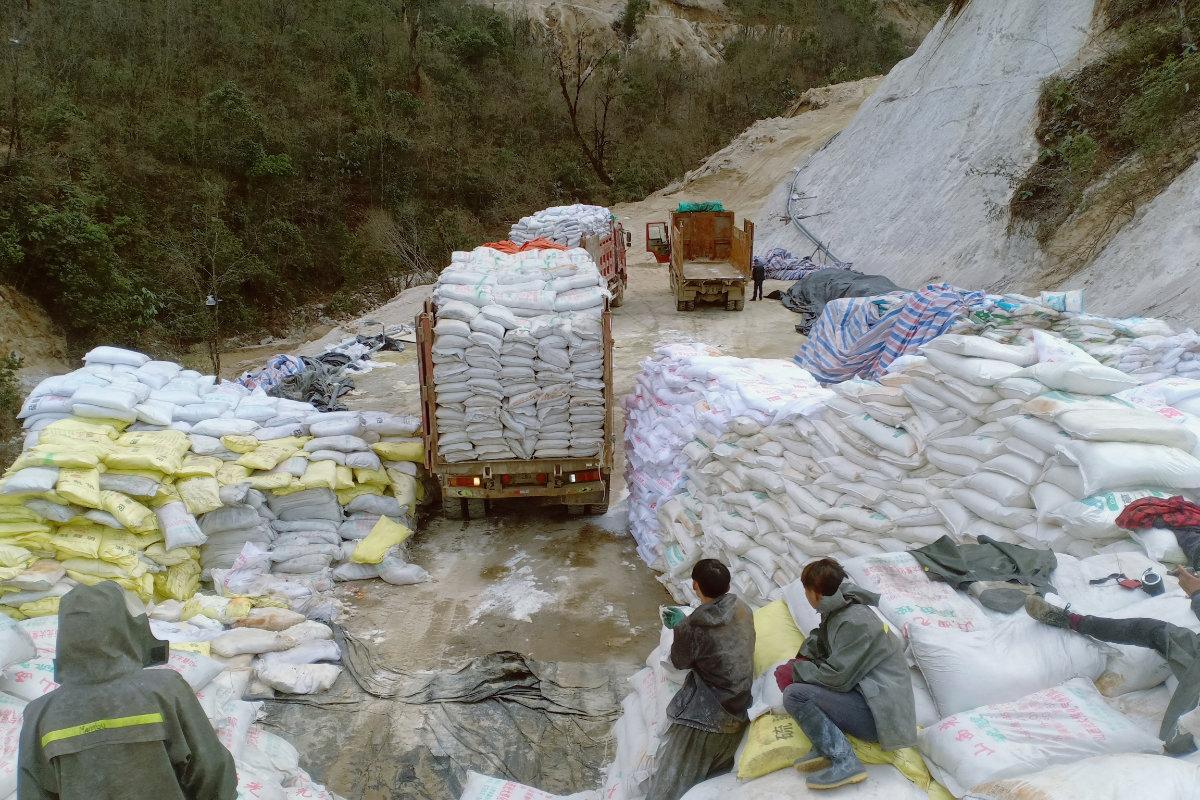BRUSSELS: Irish and Czech voters picked up the baton in the EU’s marathon elections Friday, some driven by concerns about migration and others bent on countering the anti-immigrant far right.
Both countries were voting in advance of Sunday’s main election day when most of the European Union’s 27 nations — including powerhouses Germany and France — will vote to elect the bloc’s next parliament.
Surveys point to election gains for anti-immigrant populists across the EU, and day one on Thursday saw a strong showing, though no knockout blow, for the Dutch far right.
Ireland’s 37-year-old prime minister Simon Harris voted near his home in Delgany, a village south of Dublin, before hitting the road to canvass for both local and EU elections.
Keith O’Reilly, a 41 year-old IT worker, said that he admired Harris’s “energy” but that his vote would not be going to the premier’s center-right Fine Gael.
“They’re getting so many things wrong, the migration issue for one thing,” he told AFP.
With around 20 percent of Ireland’s population born outside the country and record levels of asylum seekers, many candidates are running on an anti-immigration platform — one of the reasons that drove Trevor Gardiner to vote.
“The rise of the far right jumping on immigration is really, really scary for us,” said the 42-year-old finance worker, “because it’s happening not just in mainland Europe but here in Ireland too.”
Emily, a 21-year-old first-time voter who declined to give her full name, likewise said she “worried” about the far right’s rise.
“I think the others need to get their act together,” she said. “It’s incredible the type of anti-immigrant rhetoric that has become normalized here.”
The EU vote comes at a time of geopolitical upheaval almost two and a half years into Russia’s war on Ukraine.
The far right is looking to tap into grievances among the bloc’s 370 million eligible voters, fatigued by a succession of crises from the Covid pandemic to the fallout of Moscow’s invasion.
The contest in the Netherlands was seen as a bellwether for its strength — and exit polls showed gains for the Freedom Party (PVV) of firebrand Geert Wilders, in second place.
But the Dutch result was tighter than expected, with a Green-left alliance set for first place, and could spell hope for centrists battling to maintain their majority.
That was the early assessment of Eurasia Group’s managing director Mujtaba Rahman, who predicted “the center will largely hold” even if the far right takes a quarter of the EU’s 720 parliament seats.
“There’ll be lots of noise over next few days about the far right surge in EU. The reality is more boring,” Rahman wrote on X.
The other country voting Friday was the Czech Republic, where politicians face widespread apathy to the EU vote: the country had the second-lowest turnout last time around in 2019, at 28.72 percent.
Polls put the centrist ANO movement of billionaire former prime minister Andrej Babis in the lead.
At an elementary school in southern Prague, voters cast their ballots while children played nearby, many relishing the opportunity to stop and chat with neighbors.
Marek Cerveny, a 45-year-old teacher and tour guide who voted accompanied by his daughter, said he “definitely” saw EU decisions “reflected in our lives“: “What we can buy, how easily we can travel, how well we can live here.”
Others like Vera Zazvorkova, a 72-year-old economist, said she was voting for change, wanting fewer EU rules on the environment and tougher curbs on migration.
“The ‘Green Deal’ should change, that is, it should be restricted a lot, and the immigration policy should change too,” she said.
The prospect of a rightward lurch has rattled the parliament’s main groupings, the conservative European People’s Party (EPP) and the leftist Socialists and Democrats.
They still look set to be the two biggest blocs but current European Commission chief Ursula von der Leyen, of the EPP, may need support from part of the far right to secure a second term.
With an eye on the horse-trading that may be needed, von der Leyen has been courting Italian Prime Minister Giorgia Meloni, who heads the post-fascist Brothers of Italy party.
Over the weekend, scrutiny will shift to the EU’s bigger economies as they open polling stations.
Marine Le Pen’s National Rally is predicted to come out on top in France, as is Meloni’s party in Italy — which votes Saturday — and Hungarian Prime Minister Viktor Orban’s far-right Fidesz.
In Germany, the extreme-right AfD is polling second, behind the opposition conservatives.
Irish, Czechs cast EU votes with immigration front of mind
https://arab.news/jpr8u
Irish, Czechs cast EU votes with immigration front of mind

- Both countries voting in advance of Sunday’s main election day

























